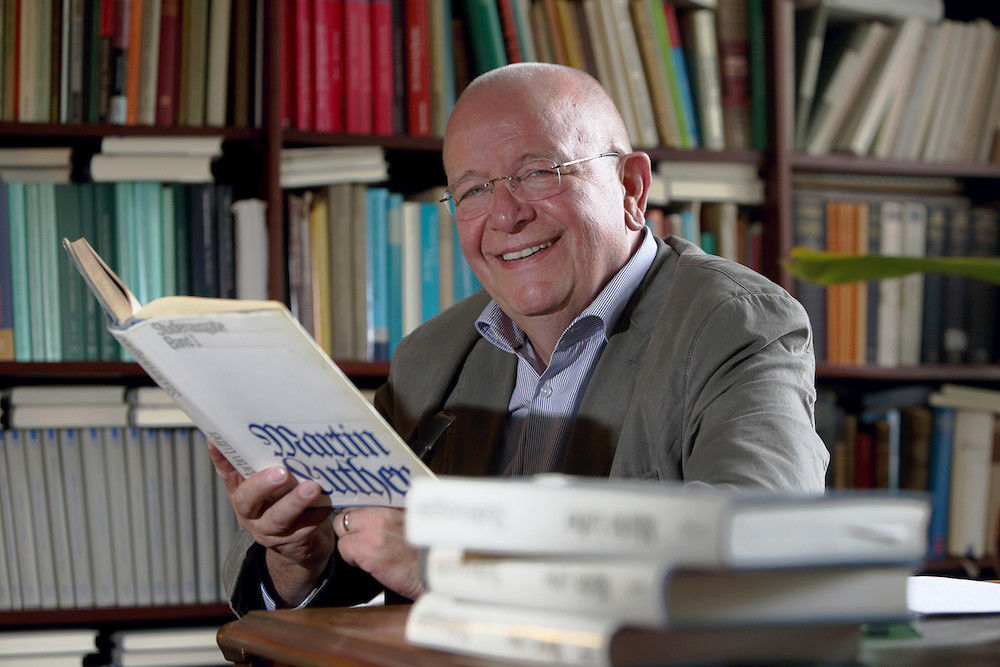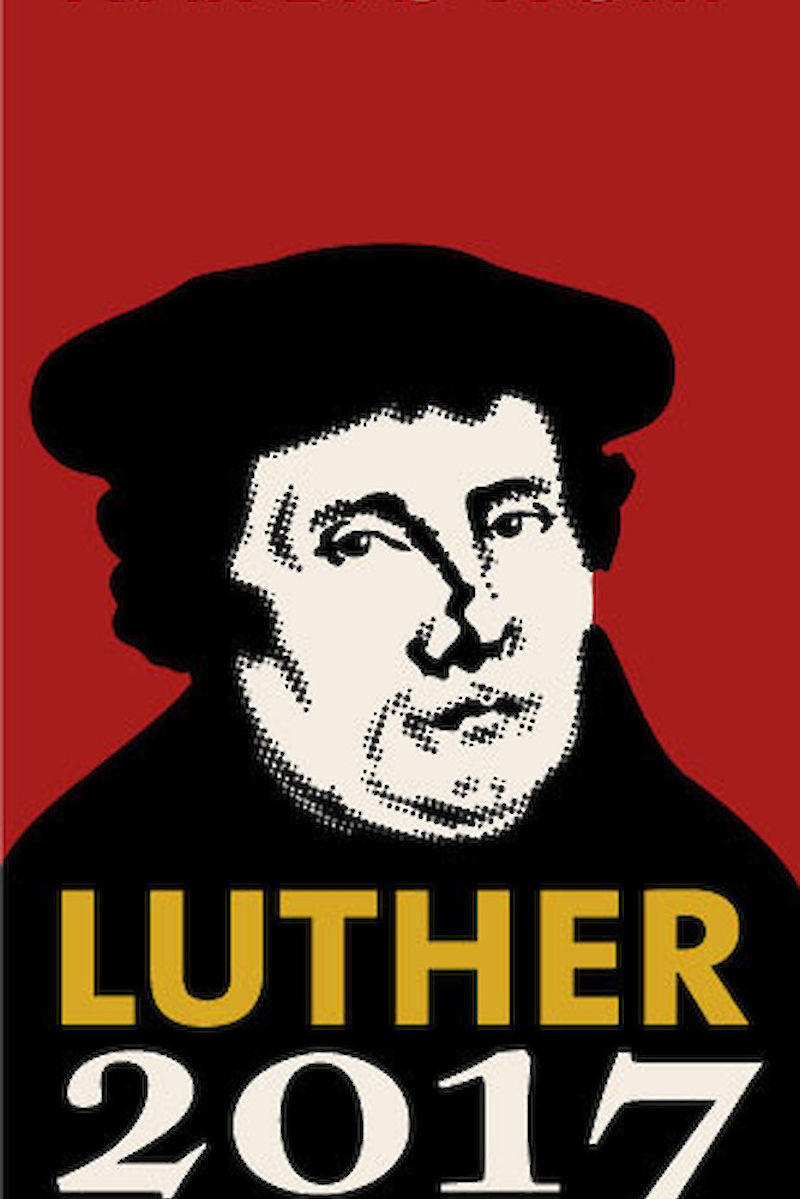Jubiles spurs on research

Prof. Dr. Ernst-Joachim Waschke, the rector’s office’s representative for the Reformation Jubilee at Martin Luther University and chairman of the Leucorea Foundation in Wittenberg, spoke with scientia halensis about the preparations and activities that have taken place as part of the “Luther Decade”. “The Reformation History Society was set up at Martin Luther University during summer semester 2006,” says Waschke. “It unites scientists from various subjects and offers them the opportunity to work together in an interdisciplinary way to study the cultural effects of the Reformation.” A series of conferences and workshops has already taken place on this topic and more will follow.
One highlight will be the large international and interdisciplinary congress in Wittenberg in August 2017 whose theme will be “The Cultural Effects of the Reformation”. It will take place from 7 – 11 August directly after the renowned conference of Luther researchers. “This will enable scientists from abroad to take part in both conferences who would otherwise be prevented from coming by the long journey,” says Waschke. The three Central German universities of Halle, Jena and Leipzig are jointly organising the conference, thereby making their own scientific contribution to the jubilee. Extensive preparations are being made together with the Leucorea Foundation and the Reformation History Society. Around 70 speakers will discuss how religion impacts culture and the various aspects of the Reformation’s impact. Around 350 participants are expected.
“The scientific study of the cultural effects of the Reformation are not only directly targeting the jubilee, but also future projects which will build upon the conference’s findings,” Waschke explains. This represents a unique opportunity to expand the Leucorea as a research platform for the overall topic in order to fulfill the desideratum, at least partially, in the research landscape of Saxony-Anhalt.
Übersicht der vergangenen und geplanten Höhepunkte an der Universität Halle aus Anlass des Reformationsjubiläums
Zu den bisher veranstalteten Tagungen und Workshops gehören:
2008: „Spurenlese – kulturelle Wirkungen der Reformation“ und 2010 „Wirkungen der Reformation auf Wissenschaft und Bildung, auf Universität und Schule“.
2012: Christliche Hebraistik in Osteuropa, 16.-18.Jh. (Leitung: Prof. Dr. Stefan Schorch) Beginnende Globalisierung des Luthertums durch pietistische Reformgruppen im 18. Jahrhundert (Leitung: Dr. Wolfgang Flügel).
2013: Matrikel als universitätsgeschichtliche Quellengattung. Erfahrungen und Realisierungschancen für eine moderne Edition der Wittenberger Universitätsmatrikel (Leitung: Prof. Dr. Heiner Lück)
2014: Das Gewissen in den Rechtslehren der protestantischen und katholischen Reformationen - The Conscience in the Legal Teachings of the Protestant and Catholic Reformations (Leitung Prof. Dr. Michael Germann)
Geplante Workshops:
2014: Radicalizing Reformation - Reformation und Moderne im Licht sozialgeschichtlicher Bibelforschung (Leitung: Prof. Axel Noack, Prof. Dr. Ulrich Duchrow)
2015– 2016: Verhältnis zu anderen Konfessionen/Religionen/Umgang mit dem Fremden (Leitung: Prof. Dr. Michael Wiemers, Prof. Dr. Andreas Pecar; Durchführung durch eine Forschergruppe)
Protestant Reformation on Screen. Religion, Politics and Aesthetics (Leitung: Prof. Dr. Erik Redling)
Wittenberg als Bezugsort des europäischen Protestantismus im 16.-17. Jahrhundert (Leitung: Prof. Dr. Michael Günter Müller)
Strukturenwandel der Reformation in den Territorien des Reiches (Leitung Prof. Dr. Andreas Ranft)
Bibelinterpretationen in Zeiten politischen Umbruchs. Biblische Texte und Motive in der Kunst der DDR und des östlichen Mitteleuropa (Leitung: Prof. Dr. Stefan Schorch, Prof. Dr. Ernst-Joachim Waschke)
Weitere Informationen zum Jubiläum online unter: www.luther2017.de

